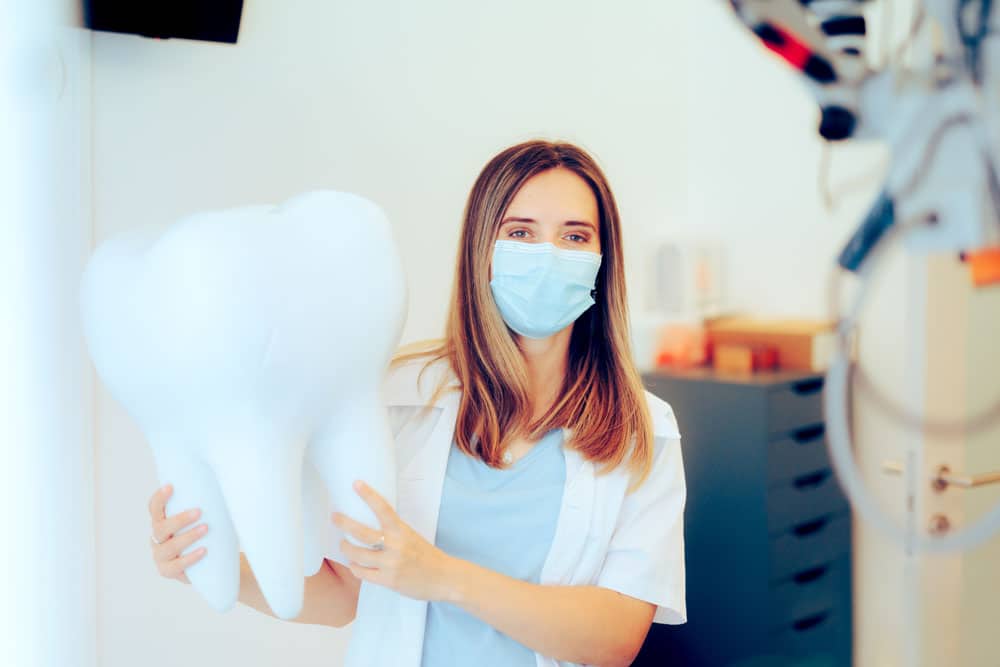Tooth Extraction in Mississauga

- The tooth is severely decayed.
- The tooth is cracked and it can't be repaired.
- The tooth is impacted.
- It's a wisdom tooth and crowding out the mouth.
How Do You Know When to See a Dentist?
The Evaluation
Your dentist will carefully evaluate your case before pulling a tooth. That means they will look at X-rays and do an exam to determine if the tooth could be saved. For instance, a deep cavity with a root infection may require a root canal and capping rather than an extraction. However, if the tooth is cracked down, it will likely need to be pulled. Tooth extractions are a last option for dentists.
Planning Further Treatment
Your dentist will provide a treatment plan if they need to do one or more tooth extractions. That plan will include options for replacement. Replacement could include appliances like bridges, dentures, and implants.
Length of Treatment
The length of treatment you’ll require depends on your situation. Simple tooth extractions will require some stitches and those can be biodegradable or taken out later by the dentist. The stitches will stay in for about two weeks and then you’ll need to wait about three months to get an implant or other type of replacement for missing teeth.
